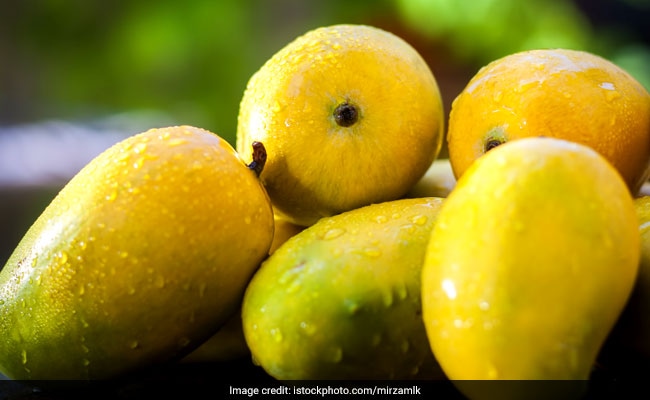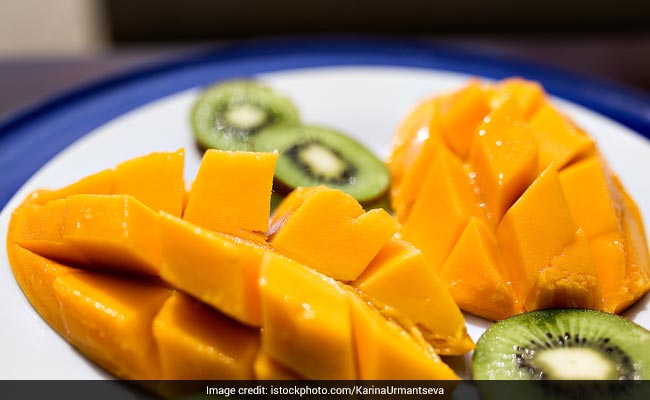
- It is time to gorge on some succulent and sweet mangoes
- Mangoes come packed with a host of nutrients
- Artificial ripening of mangoes is on a rise across India
(Also Read: Can Mango Cause Acne?)

Artificial ripening of mangoes is on a rise across India
As per Ashwin Bhadri, use of calcium carbide for artificial ripening is prohibited by FSSAI, considering the health problems they pose. From disorders like dizziness, sleepiness, mental confusion and memory distortion, calcium carbide is known to affect the neurological system. The traces of arsenic and phosphorous hydride cause additional damage to the hormonal functioning.
The fruit quality falls substantially with the use of calcium carbide; the fruit is overly soft, lacks the natural sweetness that otherwise it might have and rot quicker than the natural pace. Since the quantity of calcium carbide depends on how raw the product is, the level of toxicity increases considerably.
Here's a simple method to check if the mangoes have been artificially ripened or not.
"Put the mangoes in a bucket of water. If the mangoes sink, they are naturally ripened. If they float, they are harvested artificially. Also, an artificially ripened mango will have very little or no juice dripping out. One might even experience burning sensation while having artificially harvested mango." suggests Ashwin Bhadri.
The other methods to identify ripening use chemical techniques, and for those, it is best to get the fruits tested by an NABL Certified Laboratory. They can analyse and put forth the presence and the levels of contamination, with not one but all of chemicals used in the ripening process.
(Also Read: Can Diabetics Eat Mangoes?)

The other methods to identify ripening are using chemical techniques
Here are some more ways to identify chemically ripened mangoes-
1. Check the colour
In an artificially ripened mango, there is a chance that there are patches of green. These patches will be distinguishable from the yellow ones.
2. Taste
When you eat ripe mangoes, you may feel a slight burning in the mouth. Some may experience stomach ache, diarrhoea, et al.
3. No juice may mean it is artificial
Another indicator is to squeeze juice out of the mango. A well ripened mango may have lots of juice in it; however, artificially ripened mango may have little or no juice.
Make sure you keep these tips handy to be able to identify artificially ripened mangoes next time you go fruit and veggie shopping. Happy Summers!
Track Latest News Live on NDTV.com and get news updates from India and around the world

